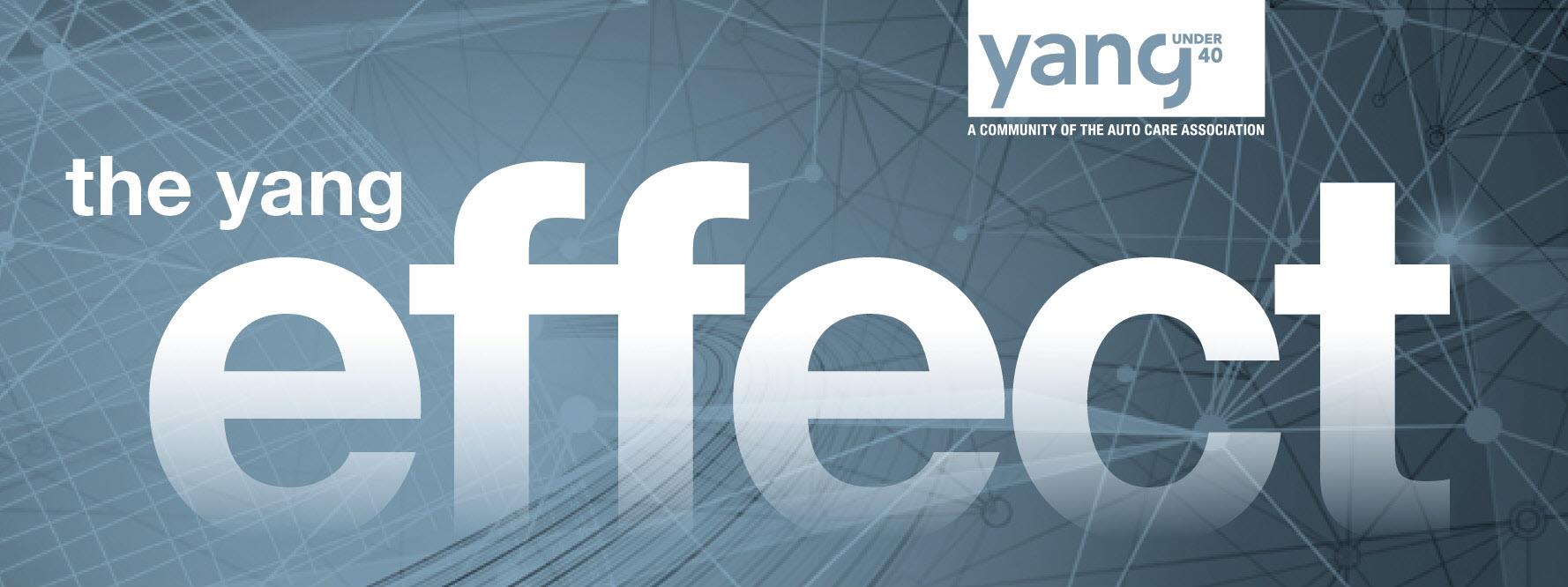
President Trump’s ‘America First Trade Policy’: Key Areas of Focus and Potential Impacts
On Jan. 20, 2025, President Donald Trump issued a presidential action titled “America First Trade Policy,” outlining a comprehensive trade policy strategy focused on U.S. economic and national security by addressing trade imbalances and unfair trade practices.
The results of the reviews, investigations and recommendations are due to President Trump by April 1, 2025.
America First Trade PolicySome of the key areas that President Trump has directed to undertake review and make recommendations include:
Unfair and Unbalanced Trade
Trade Deficits: The Secretary of Commerce, in consultation with other agencies, will investigate the U.S. trade deficit, economic and national security implications. Recommendations could include a global supplemental tariff or other policies to address these issues.
External Revenue Service (ERS): The Secretary of Treasury, in consultation with other agencies, will investigate the feasibility of establishing an ERS and will recommend the best methods for designing, building and implementing an ERS to collect tariffs.
Unfair Trade Practices: The United States Trade Representative (USTR), in consultation with other agencies, will investigate any unfair trade practices by other countries and make recommendations to remedy these practices.
US-Mexico-Canada Agreement (USMCA): As part of the scheduled review in July 2025, the USTR will conduct public consultations and evaluate the agreement’s impact on American industries and make recommendations on whether the U.S. should continue its participation in the agreement.
Currency Policies: The Secretary of Treasury, in consultation with other agencies, will review the policies and practices of major U.S. trade partners with respect to the rate of exchange between their currencies and the U.S. dollar. Recommendations include measures to counter currency manipulation that provide an unfair trade advantage.
Trade Agreements and Market Access: The USTR will investigate existing U.S. trade agreements and recommend any revisions. Additionally, the USTR shall identify countries the U.S. can negotiate agreements to obtain export market access for U.S. businesses.
Economic and Trade Relations with the People’s Republic of China (PRC)
The policy directs a focused review of the following PRC-related areas:
- Section 301 Phase One Agreement
- Section 301 Four-Year Review Report
- Other acts, policies and practices by China that may be unreasonable or discriminatory and that may burden or restrict U.S. commerce
- Legislative proposals regarding Permanent Normal Trade Relations with the PRC
- Status of U.S. intellectual property rights conferred upon PRC persons to “ensure reciprocal and balanced treatment of intellectual property rights with the PRC”
Overall Implications and Potential New Tariffs
The "America First Trade Policy" memorandum does not impose any new tariffs at this time. However, it initiates investigations aimed at addressing trade imbalances and unfair practices, which could result in future trade actions.
President Trump has recently indicated that he is considering imposing tariffs of 25% on imports from Canada and Mexico and 10% on imports from China, with potential implementation as early as Feb. 1, 2025. He has also floated the idea of a universal tariff but stated that the United States “is not ready for that yet.” These tariffs have not been confirmed.
According to a recent Politico article, insiders have suggested that the Trump administration is strongly considering new tariffs as part of its broader trade strategy, signaling that such measures may be imminent. The "America First Trade Policy" memorandum outlines a strategy focused on addressing trade imbalances and unfair practices, signaling potential changes in U.S. trade relations.

Welcome to the new YANG Effect! Your one-stop quarterly newsletter for all things Automotive Aftermarket contributed to and written by under-40 industry professionals.
More posts

Market Insights with Mike is a series presented by the Auto Care Association's Director of Market Intelligence, Mike Chung, that is dedicated to analyzing market-influencing trends as they happen and their potential effects on your business and the auto care industry.
More posts
